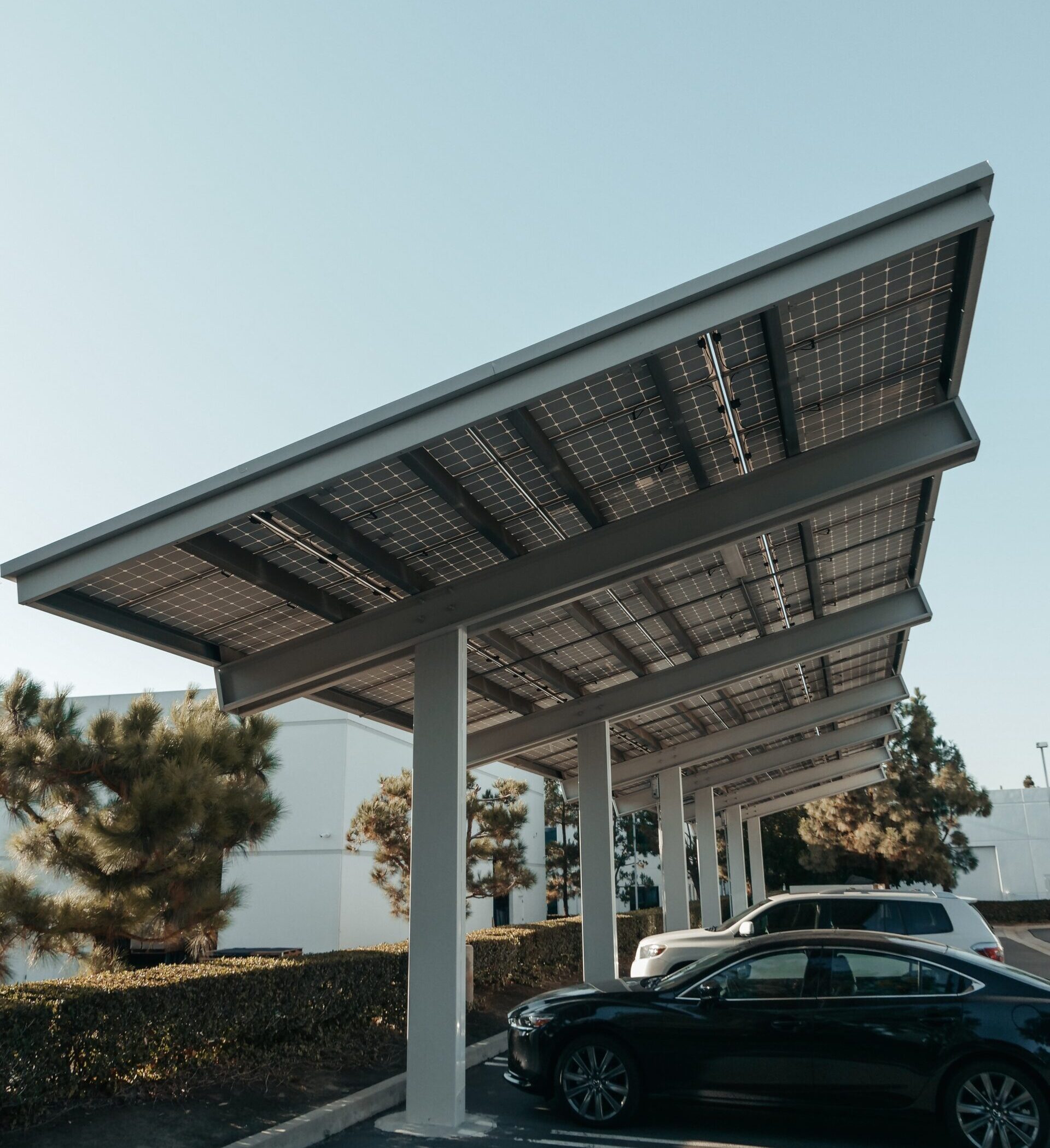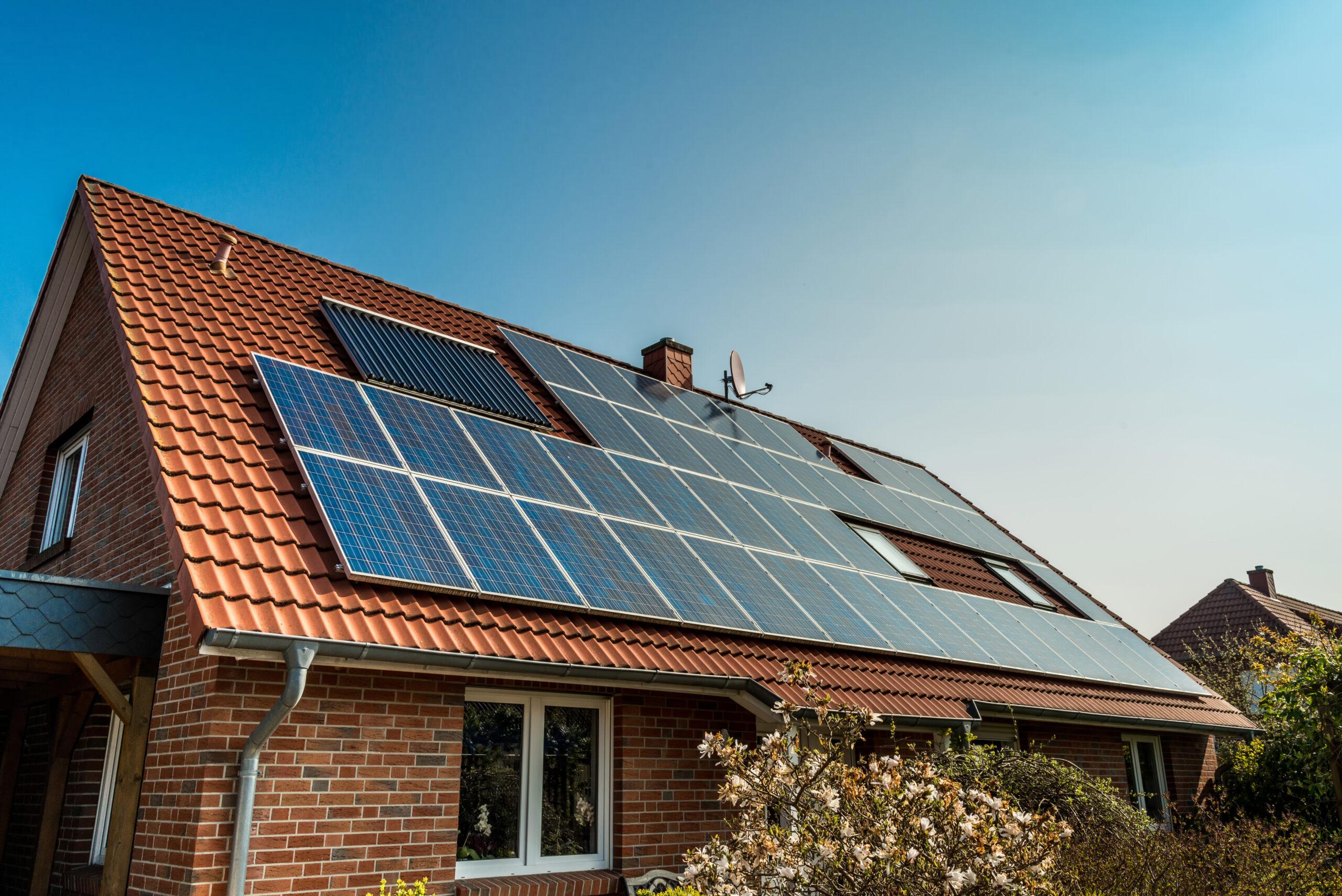FINANCING
Cash purchase: This involves paying the full cost of the solar system upfront. While this is the most straightforward option, it may not be feasible for everyone due to the high upfront cost.
Solar loans: These are loans specifically designed for financing solar installations. They usually have lower interest rates than traditional loans and can be obtained from banks or specialized financing companies.
Power Purchase Agreements (PPAs): With a PPA, a third party finances, owns, and operates the solar system on your property, and you purchase the electricity generated by the system at a lower rate than you would pay to your utility company. Any excess energy created can be sold back into the grid and you may also benefit from some of this revenue. This can be an attractive option for those who cannot afford the upfront costs of a solar installation.
Solar leasing: This is like a PPA, but instead of purchasing the electricity generated by the system, you lease the equipment from a third party and pay a monthly fee for its use.
Government incentives: South Africa offers various incentives to encourage the adoption of renewable energy, including tax credits and rebates. These incentives can help reduce the overall cost of a solar installation.



Revolution
At Carbon Zero Solar, we're passionate about providing our customers with top-quality energy-saving solutions. With years of experience in the industry, our team of experts is committed to delivering outstanding results and exceptional customer service. Contact us today to learn more about how we can help you achieve a low carbon footprint!

Residential Example
The Michaels Family
The Michaels family lives in a three-bedroom house and their monthly electricity bill averages R3600. They decide to invest in a solar panel system that costs R180 000 After the installation, their electricity bill is reduced to R900 per month, resulting in savings of R2700 per month or R32 400 per year. With the expected lifespan of their solar panel system being 25 years, they will save a total of R810 000 over the life of the system. The investment pays for itself in just over 5 years.

Commercial Example
The Hi Rise Business
The Hi Rise runs a business with multiple buildings that require a lot of electricity. Their monthly electricity bill averages R27 000. They decide to install a solar panel system that costs R1 800 000 After the installation, their electricity bill is reduced to R9 000 per month, resulting in savings of R18 000 per month or R216 000 per year. With the expected lifespan of their solar panel system being 25 years, they will save a total of R5 400 000 over the life of the system. The investment pays for itself in just over 8 years.

In Both scenarios, going solar resulted in significant savings over the life of the system. Additionally, each of these hypothetical cases would contribute to the reduction of greenhouse gas emissions and help to mitigate climate change.



Financing solar solutions in South Africa can be done through various options
- Cash purchase: This involves paying the full cost of the solar system upfront. While this is the most straightforward option, it may not be feasible for everyone due to the high upfront cost.
- Solar loans: These are loans specifically designed for financing solar installations. They usually have lower interest rates than traditional loans and can be obtained from banks or specialized financing companies.
- Power Purchase Agreements (PPAs): With a PPA, a third party finances, owns, and operates the solar system on your property, and you purchase the electricity generated by the system at a lower rate than you would pay to your utility company. Any excess energy created can be sold back into the grid and you may also benefit from some of this revenue. This can be an attractive option for those who cannot afford the upfront costs of a solar installation.
- Solar leasing: This is like a PPA, but instead of purchasing the electricity generated by the system, you lease the equipment from a third party and pay a monthly fee for its use.
- Government incentives: South Africa offers various incentives to encourage the adoption of renewable energy, including tax credits and rebates. These incentives can help reduce the overall cost of a solar installation.
It is important to consider all the available financing options and weigh the pros and cons of each before deciding which one to choose. Carbon Zero Solar can also help you navigate the financing process and ensure that you get the best deal possible.

